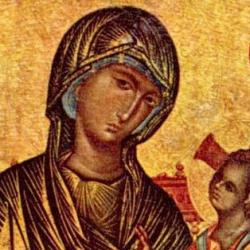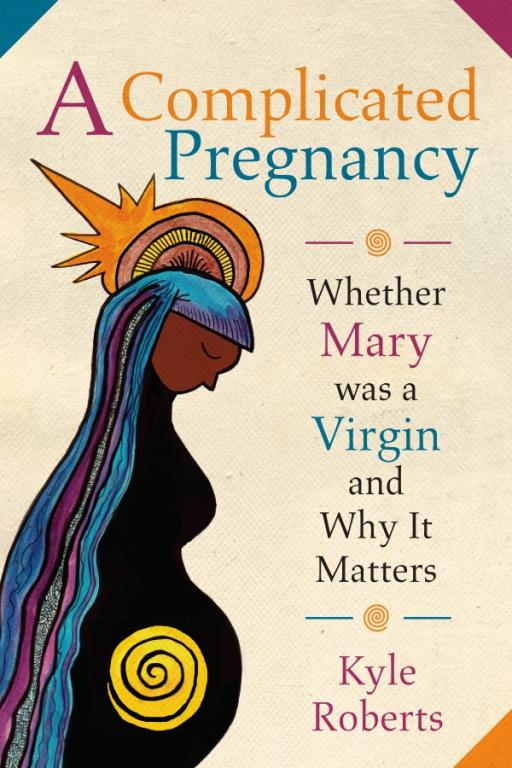This post is a contribution to the Patheos Book Club discussion of Thomas Moore’s The Soul of Christmas.

Christmas is a time to look toward the light.
This is Thomas Moore’s suggestion, in his beautiful little book, The Soul of Christmas.
Moore points out Christmas was strategically placed on December 25, which was the day of the Roman pagan celebration of the “unconquered sun,” the emergence of light from the darkness of winter. He writes,
Sol-stice is the time when the sun is poised between increase and decrease, a liminal moment outside the ordinary, a time when magic and religion can happen, a time between, not ordinary time but a special time.
Christmas intersects with the pagan celebration of the emergence of the conquering sun. But Christmas is the “Christ Mass,” the celebration of the birth of the Son of God, who brought light into the world. It is, Moore writes,
a special time outside of normal time when the veil is thin and the extraordinary breaks into the ordinary, the spiritual into the mundane, and the miraculous into the factual.
To celebrate Christmas is to turn toward the light, to embrace the newness of life, represented for Christians most powerfully and centrally in the birth of Jesus — the incarnation of God within the ordinary, the mundane, the factual.
But Christmas breaks beyond the factual, to the mysterious, the transcendent, the mystical.
And so Moore, drawing on his past experience as a monk and his training as a depth psychologist, encourages the reader, whether devout Christian or mystical humanist, to find in Christmas a surplus of meaning.
If you take the story of Christmas only as history and fact, you may not be able to make it your own. See through the images to their deeper meaning.
This is the most provocative and important message of the book, which he weaves through his own tales of searching and finding meaning in life.
…to follow the Jesus vision you have to let go of the logic of the ordinary world.
I’m not sure we can ever completely “let go,” or even that we should ever completely “let go” of the ordinary logic so deeply embedded within us. But, we should let our ordinary logic collide with the extraordinary logic and the deeper truths that come to us in the story of Christmas.
Christmas is a time not for the dominance of rationality or the supremacy of historical facticity, but for mystical contemplation of realities that surpass our comprehension, contemplation that open us up to newer world of light, meaning, and hope.













